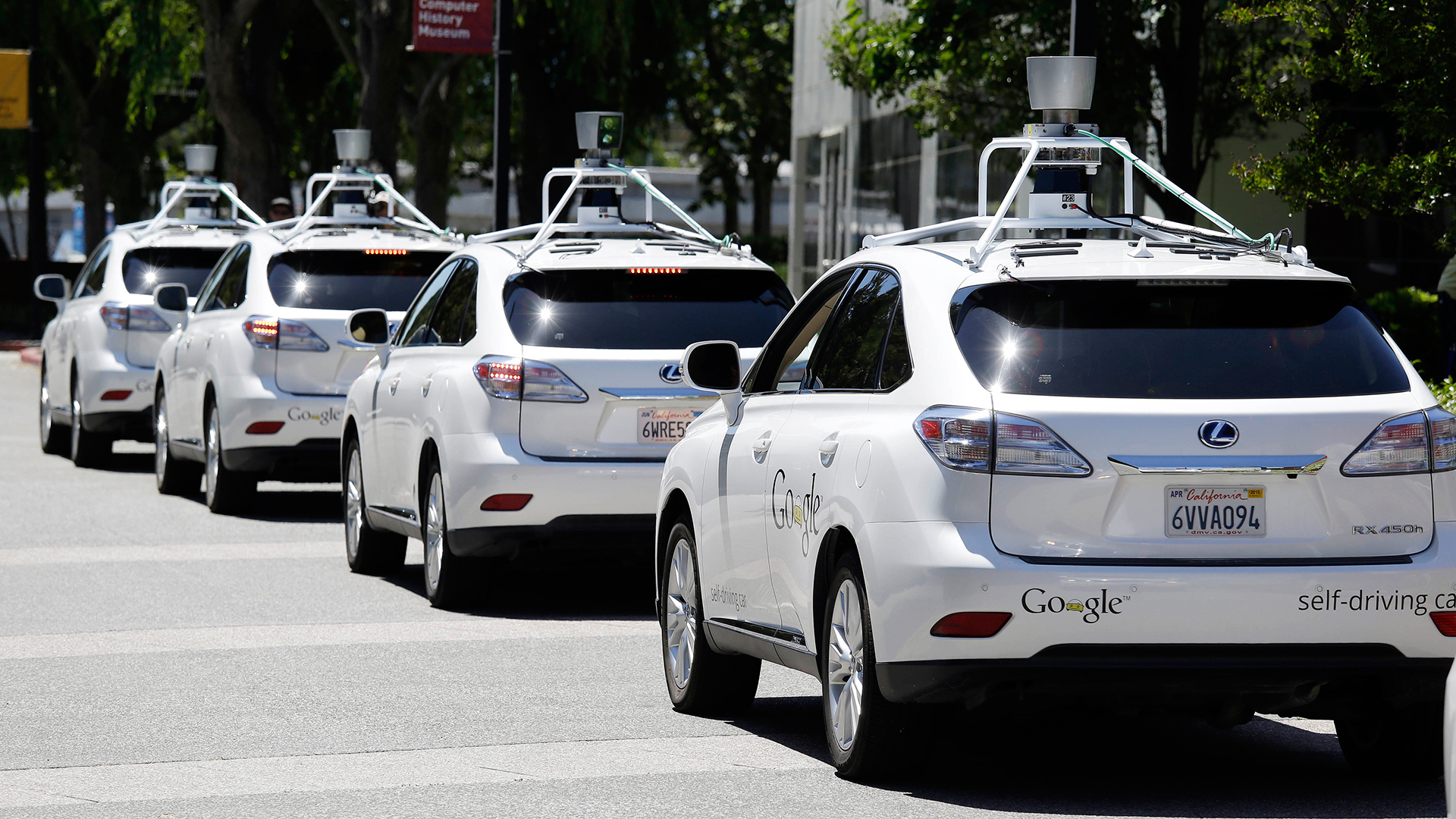

On Tuesday, carmakers pushed California to ease off the gas on planned additions to the state’s already-stringent rules regarding the testing of self-driving cars as the auto manufacturers ramp up their plans to bring autonomous vehicles to market in the next few years.
In a public hearing in Sacramento, representatives of the automakers said the state’s proposal to impose even more stringent regulations on autonomous vehicles than the U.S. government—and reserve the right to prevent vehicles that meet federal approval from using California roads—was unfair, Reuters reports.
Carmakers that obey the rules set by the feds, Association of Global Automakers manager Paul Scullion said, should not be forced to request a special dispensation from the state of California in order to test their cars there.
“We do not think requiring a permit to deploy is the right approach,” Scullion said, according to Reuters.
But the automakers (and the technology companies working with them) don’t stand unopposed. Consumer rights groups and safety organizations have expressed a desire to see the state maintain a firm grasp on the reins of autonomous vehicle testing standards.
“We do not trust the auto manufacturers or the tech industry to protect the public in the absence of federal motors vehicle safety standards,” Rosemary Shahan, president of Consumers for Auto Reliability and Safety, said.
California has become a hotbed for autonomous vehicle testing, in large part because the state serves as home to many tech companies that have been pushing in to the advancing field. Silicon Valley leaders such as Google (slash Alphabet, slash Waymo), Uber, and Apple have all been awarded permits to test self-driving cars on the state’s roadways, as have automakers like Mercedes-Benz, BMW, and Faraday Future.
The state has listened to automakers and tech companies when complaints with the self-driving car regulation have arisen in the past. Last month, California agreed to lose a requirement that companies provide a full year of testing data before unleashing their autonomous vehicles on public streets, as well as the need for testing organizations to seek local approval.